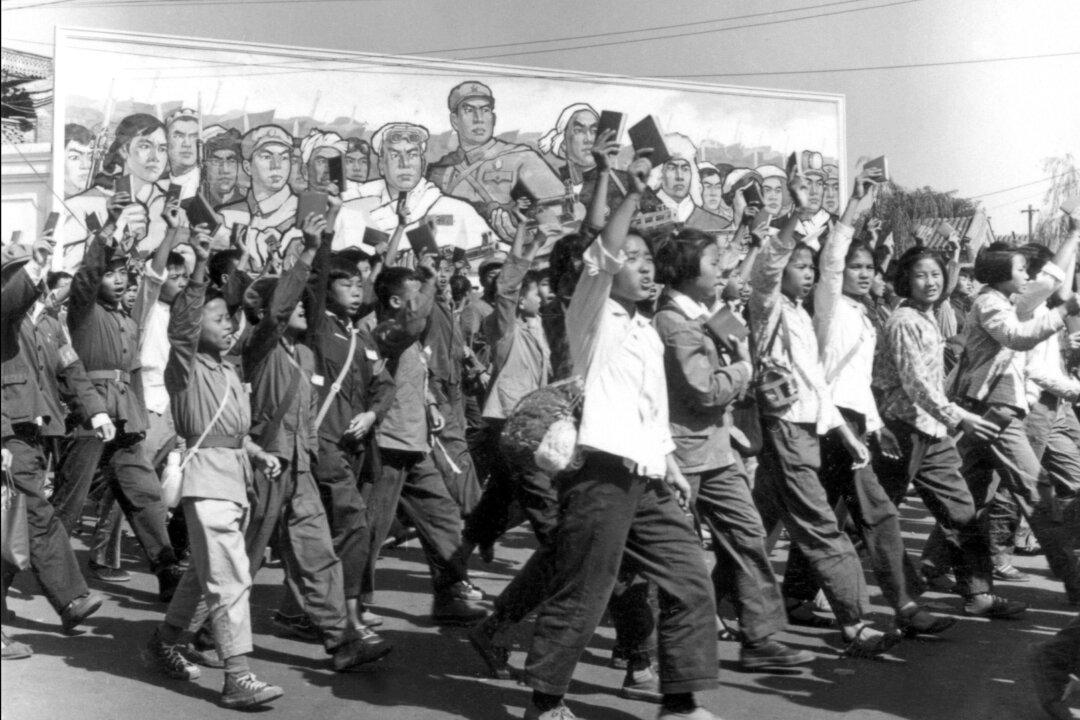Commentary
A reader recently reminded me that North Korea’s official name is the Democratic People’s Republic of Korea. North Korea’s bitterly ironic naming convention has been used by other totalitarian states. The German Democratic Republic was the official name for East Germany. The genocidal government of Pol Pot in Cambodia was known as Democratic Kampuchea. South Yemen’s breakaway communist regime was known as the People’s Democratic Republic of Yemen.





